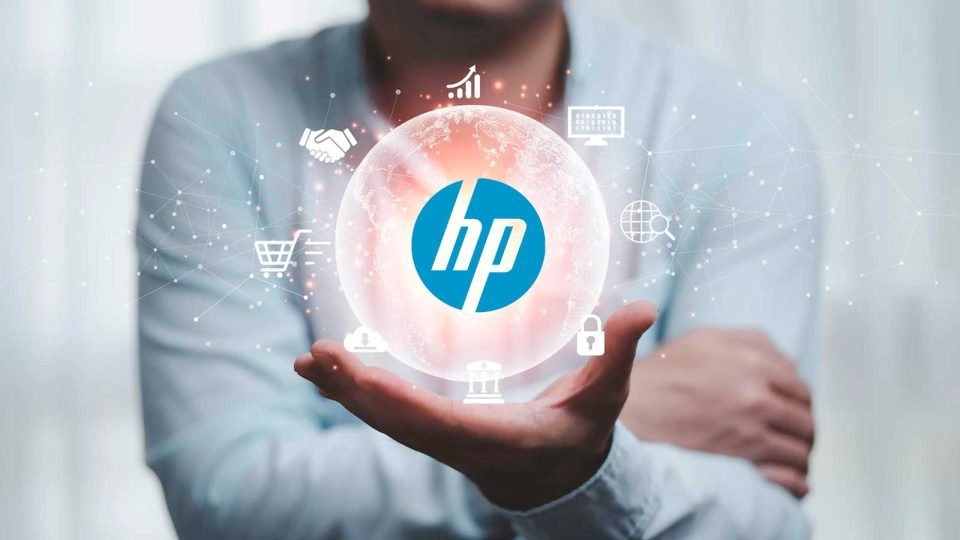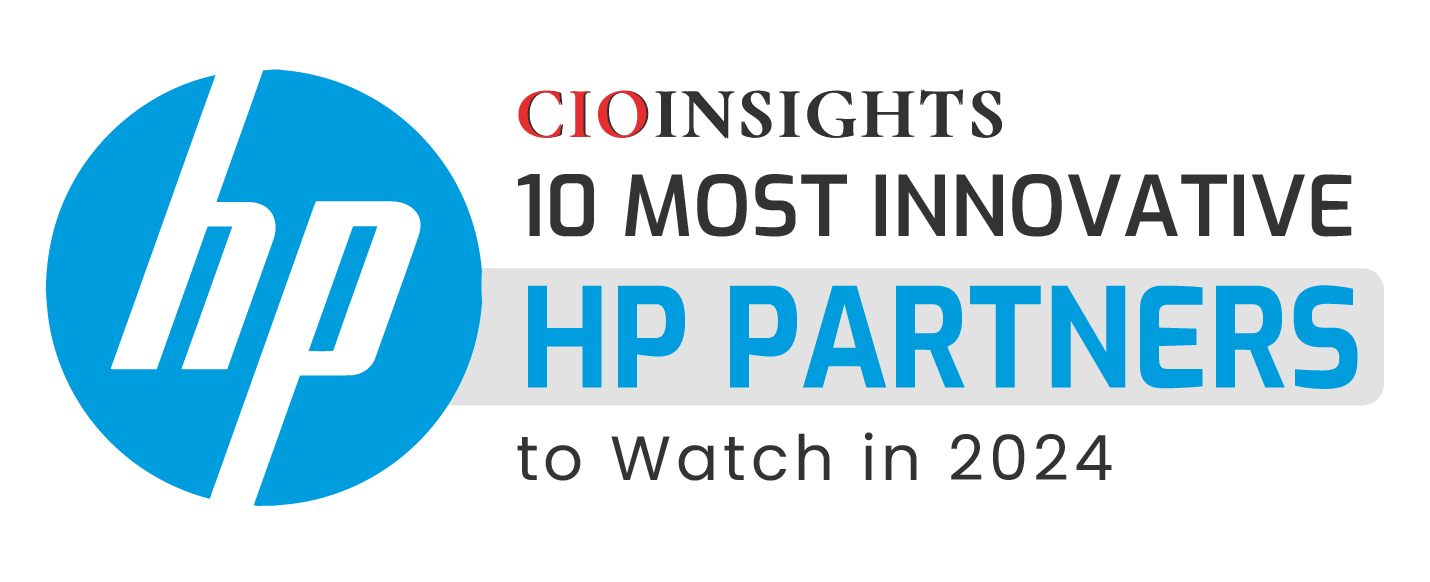Top 10 Leading HP Partners Companies To Watch In 2024


Theme: 10 Most Innovative HP Partners To Watch in 2024 Person to be Quoted: Ira Grossman, CTO Description: MCPC helps organizations provide exceptional digital employee experiences for better business results A business is only as successful as its employees. When employee productivity and job satisfaction are impacted, companies are impacted. Understanding employee sentiment relative to IT services, devices, and applications plays a pivotal role in enhancing this notion. As the source for communication, collaboration, and innovation, the above components become a fundamental part of the employee experience and transform into an employee’s digital office. But in an era where employees have access to this wider digital landscape, internal IT teams, who are already tasked with competing priorities, are challenged to keep up with these evolving end-user needs—ultimately adding burden to productivity. MCPC, a leading IT managed services provider and award-winning HP Partner helps organizations prioritize the employee experience through a comprehensive lifecycle services portfolio that seamlessly delivers the planning, deployment, ongoing management and cyber hygiene of devices within an organization—from PCs to printers and everything in between. Balancing cyber security, adjacent and competing business initiatives, vertically integrated use cases, device proliferation, the challenges introduced by hybrid work, and the needs and wants of a multi-generational workforce and user personas, MCPC helps organizations deliver a holistic digital employee experience while reducing IT complexity. Outcomes of MCPC’s Managed Device Lifecycle Services: Combat digital friction brought on by an inefficient device lifecycle strategy Improve employee sentiment through optimized digital experiences Ensure data security and regulatory compliance with managed security services Inject strategies that consider sustainability throughout the entire lifecycle –from procurement to end of life Invoke a shift-left strategy that transforms an organization’s digital experience from singularly reactive to broadly proactive Realize a modern managed device fleet that fully leverages unified endpoint management tools, platforms and entitlements Enable IT teams to focus on emerging technologies and more revenue-generating projects by alleviating device lifecycle management responsibilities Extend the useful life of devices with expert support and maintenance programs Implement the latest end-user devices with flexible financing models Now let's take a deeper dive into two areas where MCPC helps organizations prioritize the digital employee experience and how their partnership with HP enhances these: Digital Experience Observability MCPC services are built around collecting a comprehensive set of metrics and device telemetry that empower and inform data-driven decisions. The organizations collects and assimilates deep insights about the employee’s digital experience, which includes device performance, application usage and performance, and network bandwidth combined with user sentiment to prioritize a continual service improvement strategy. MCPC layers that with service and supply chain performance for improved operational efficiency and reduced technology spend. HP’s Workforce Experience Platform uses telemetry, automation, and employee feedback to capture real-time device performance and usage across PC, print, collaboration, communication, and security that produce actionable insights. MCPC’s experts leverage the insights gleaned from HP’s Workforce Experience Platform to influence the lifecycle management strategy. Incorporating these insights helps optimize IT investments, enhance device performance, minimize risk, and maximize the life of existing devices – everything from PCs to printers. 2. Cellular Connected Laptops Remote access is essential, but it’s just as important to have consistent, high-quality connectivity everywhere. While public Wi-Fi networks have long been a popular option for internet access on the go, cellular-connected laptops offer several advantages that make them a superior choice in various scenarios. Security: Public Wi-Fi networks are inherently vulnerable to various forms of cyber threats, including man-in-the-middle attacks, packet sniffing, and malware injection. In contrast, cellular networks employ stronger encryption standards, such as Advanced Encryption Standard (AES), which significantly reduces the risk of unauthorized access to data. Productivity: Public Wi-Fi networks are notorious for their inconsistency and limited bandwidth, leading to slow speeds, dropped connections, and frustrating interruptions, making video conferencing and collaboration challenging. In contrast, cellular networks offer greater reliability, lower latency, and higher consistency. Mobility: Unlike public Wi-Fi networks, which are confined to specific locations, cellular connected laptops enable users to access the internet on the go, whether they're commuting, outdoors, or in transit. Customer Success Stories To close this out, MCPC shared 2 customer success stories with us to exemplify the impact of device lifecycle management. Mission Critical, Project-based Device Lifecycle Services Challenge: The organization quickly recognized that due to a strict set of hardware and configuration specifications, implementing a migration of this caliber would require hiring new staff at considerable costs. Solution: Outcomes: The project realized significant time and cost savings by implementing a streamlined approach that optimized resources and shrunk the initial 2-year project timeline to 18 Months. Lifecycle Stewardship Challenge: Solution: MCPC implemented their Lifecycle Stewardship program, an initiative, which is metric-driven and TCO-indexed through an MCPC developed algorithm that ensures monthly cost of the program achieves a specific savings ratio. The program enhances the useful life of technology by integrating into several key value streams including: Onboarding Off boarding Job role changes and employee relocations Annual physical inventory Outcomes: Maintained 74.3% net savings ratio Average annual project-based hardware spend decreased from $4.2M to $1.8M Average annual project-based purchase orders decreased from 2,232 to 123 Expanded the program to a new health system acquisition Get Started with MCPC MCPC offers a Device Lifecycle Management Workshop that evaluates a business’s environment and provides a step-by-step guide for optimizing its device lifecycle strategy. https://www.mcpc.com/managed-device-lifecycle-workshop/
Today’s modern workforce wants the flexibility to work when, where and how they need to. That means it’s up to organizations to enable that ability by making it easy for employees to connect with workplace technology from anywhere.
A prominent healthcare network recognized a critical need to migrate their Electronic Health Record (EHR) system to Epic. This would efficiently improve their patient data management and clinical workflows ultimately leading to better patient care outcomes.
Leveraging proprietary tools and in-house resources, MCPC created a phased project delivery plan to streamline the implementation and enable a more efficient and securely managed process across the network. This included an onsite field service team for device inventory, deployment of new hardware, testing, and configuration. The approach to jointly address staffing and logistics resulted in a significant reduction of workstation downtime and cost savings.
A large health system needed help to better utilize their IT assets.






